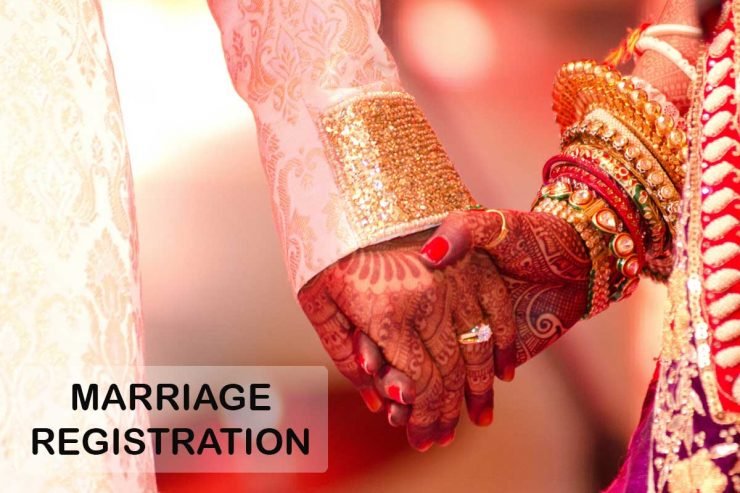

PRACTICE DETAILS
- Lawyer Mr. Shaman Jain
- Skills Agreements
- CATEGORY Family Law
ABOUT THIS PRACTICE
Adoption conjures a mix of emotions. For some, it may seem as a quick remedy to bring a child into the house, and for others, an act of nobility. Some think of adoption as ‘Plan B’ while others view it as an opportunity to complete the family without getting into the travails of pregnancy yet again. Whatever be the driver, most parents carry an air of caution, loss, suspicion, grief and surprise around adoption.
Unlike law, religion, science, taxation, relations, marriage, careers and whole lot of domains prescribed at school and college education,adoption has completely escaped the attention of our educators. It is not part of any curriculum; there are no festivals dedicated to it; it is not enshrined in any political party’s manifesto and there are hardly any family or public conversations around it.
- The Hindu Adoption and Maintenance Act of 1956
- The Guardians and Wards Act of 1890
- The Juvenile Justice (Care and Protection) Act of 2000, amended in 2006
The Indian citizens, Non-Resident Indians, and Non-Indians residing outside India can adopt a child from India although a different set of rules are relevant for each of the category of adopting parents.
- Married couples or single adults can adopt.
- Legally the man adopts with the consent of his wife;
- A single man or woman can adopt;
- If a biological child already exists in the family, a child of the opposite sex has to be adopted;
- Children under the age of 15 years can be adopted;
- The potential adoptive couple should at least have two years of stable marital relationship.
- A single woman adopting a boy should be at least 21 years older than the child;
- The prospective adoptive parents should be mentally, physically, and emotionally stable and not have any life-threatening medical condition.
The couple or single parent looking for adopting a child should be aware of legality involved in the process. The prospective parent cannot adopt a kid directly from maternity homes, hospitals or nursing homes.
There are Specialised Adoption Agencies (SAAs) that are recognized by the government where one can register for adoption.
One of the government approved authorities is CARA, i.e., Central Adoption Resource Authority. It is a Central Designated Authority of Government responsible for facilitating adoption as per the guidelines.
The adoptive parent can register under CARA which helps in tracking the application status and searching for agencies from any state in India on the website.
Child adoption in India is a legal process so its execution adheres to strict laws and standards. It is also important for you to make sure that you are qualified to become a parent before you ever adopt a child. It is important for you to have a more stable income, a clean criminal record, a healthy body and an ability to offer a more secure environment as this will allow you to effectively raise your adopted child.
- After registering under CARA, the prospective parents have to upload some documents within 30 days of the online registration, or the registration gets cancelled.
- A guardian should be appointed if the prospective parent is single in the case of some mishap.
- Once the documents are uploaded, the parents have to contact concerned SAA so that they can conduct Home Study Report (HSR) assess their capability of taking care of the adopted kid. A professional Social Worker does the process.
- After the HSR is done, the parents are placed on agency’s wait list.
- The waiting period depends on the agency’s existing list and the number of children cleared for the process.
- In the end, the parents select a child and take him under foster care system i.e. till the deed is finalized.
- The process is legally final when the court issues the adoption deed.



